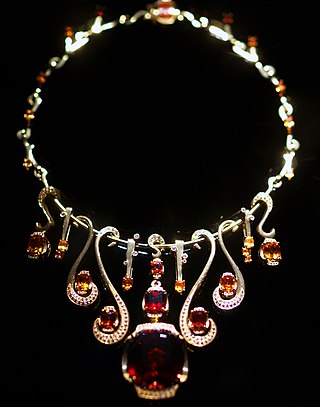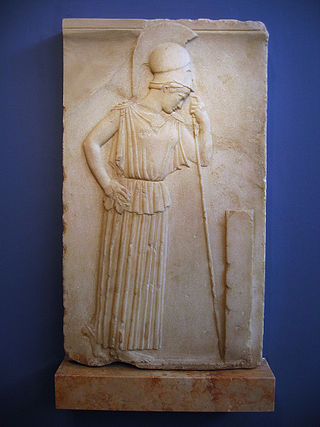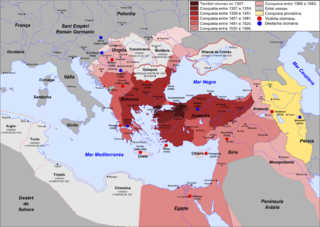Timeline of Classical antiquity see:
Timeline of Classical antiquity see:

Classics or classical studies is the study of classical antiquity. In the Western world, classics traditionally refers to the study of Classical Greek and Roman literature and their related original languages, Ancient Greek and Latin. Classics also includes Greco-Roman philosophy, history, archaeology, anthropology, art, mythology and society as secondary subjects.
In historiography, periodization is the process or study of categorizing the past into discrete, quantified, and named blocks of time for the purpose of study or analysis. This is usually done in order to understand current and historical processes, and the causality that might have linked those events.

The first millennium of the anno Domini or Common Era was a millennium spanning the years 1 to 1000. The world population rose more slowly than during the preceding millennium, from about 200 million in the year AD 1 to about 300 million in the year 1000.

Classical antiquity is the period of cultural history between the 8th century BC and the 5th century AD centred on the Mediterranean Sea, comprising the interlocking civilizations of ancient Greece and ancient Rome known as the Greco-Roman world. It is the period in which both Greek and Roman societies flourished and wielded huge influence throughout much of Europe, North Africa, and Western Asia.

A necklace is an article of jewellery that is worn around the neck. Necklaces may have been one of the earliest types of adornment worn by humans. They often serve ceremonial, religious, magical, or funerary purposes and are also used as symbols of wealth and status, given that they are commonly made of precious metals and stones.

A peplos is a body-length garment established as typical attire for women in ancient Greece by circa 500 BC, during the late Archaic and Classical period. It was a long, rectangular cloth with the top edge folded down about halfway, so that what was the top of the rectangle was now draped below the waist, and the bottom of the rectangle was at the ankle. One side of the peplos could be left open, or pinned or sewn together. In Latin and in a Roman context, it could be called a palla.
Sir Moses Israel Finley, FBA was an American-born British academic and classical scholar. His prosecution by the United States Senate Subcommittee on Internal Security during the 1950s, resulted in his relocation to England, where he became an English classical scholar and eventually master of Darwin College, Cambridge. His most notable publication is The Ancient Economy (1973) in which he argued that the economy in antiquity was governed by status and civic ideology, rather than rational economic motivations.
The following is a timeline of major events in post-classical history from the 5th to 15th centuries, loosely corresponding to the Old World Middle Ages, intermediate between Late antiquity and the early modern period.

This article provides a timeline of the Ottoman Empire
The following outline is provided as an overview of and topical guide to history:
The following outline is provided as an overview of and topical guide to music:
The following outline is provided as an overview of and topical guide to classical studies:
This article contains the index of articles related to Jainism.

This is a timeline of mathematicians in ancient Greece.

The following outline is provided as an overview of and topical guide to ancient Greece:
The following is a list of timeline articles:
The following outline is provided as an overview of and topical guide to ancient China: